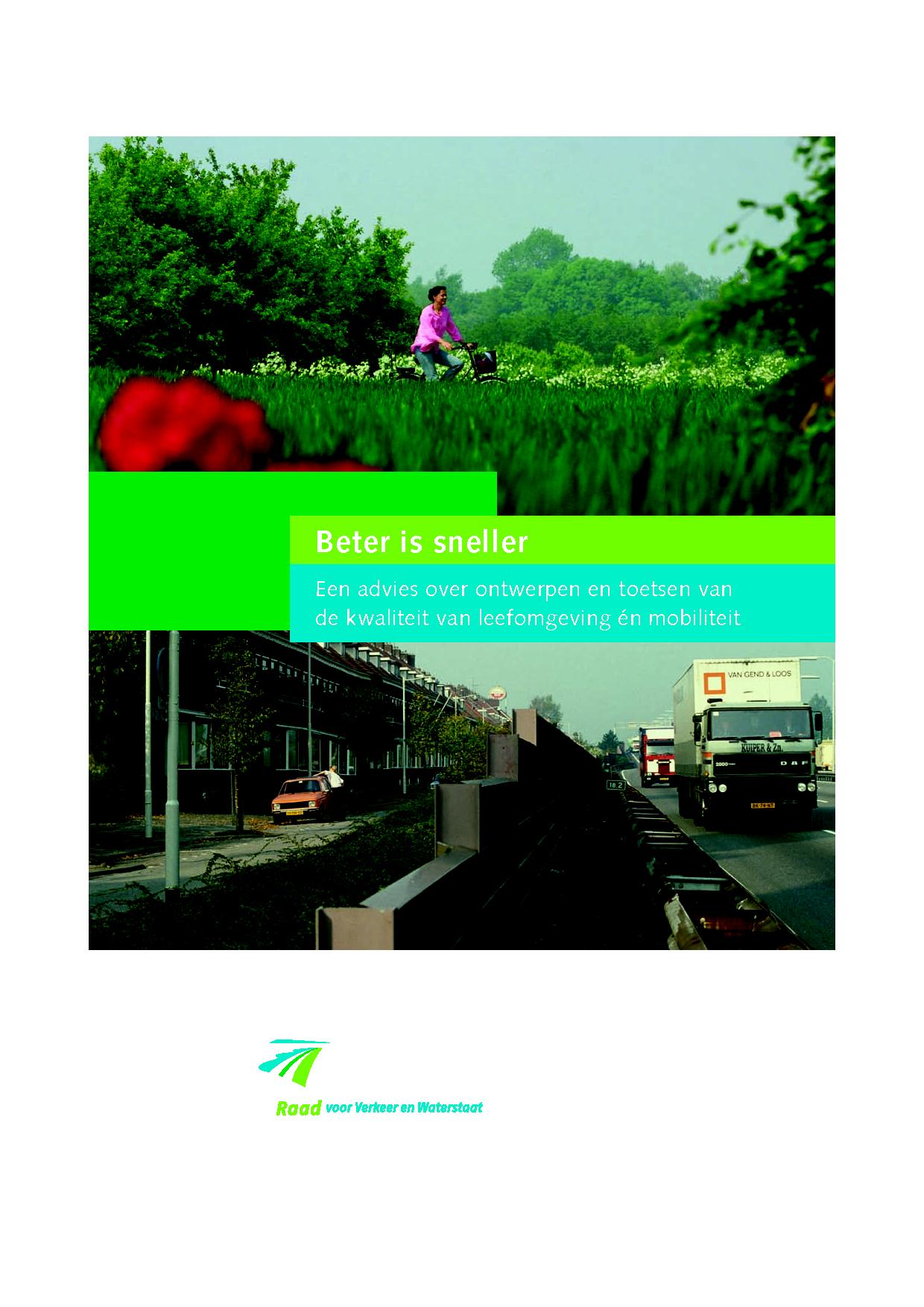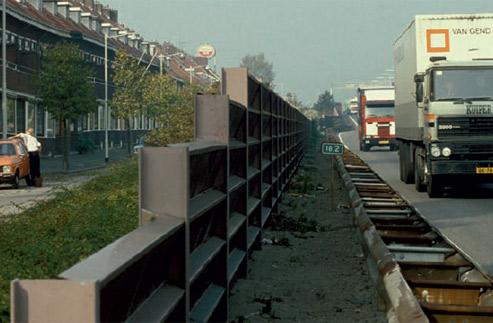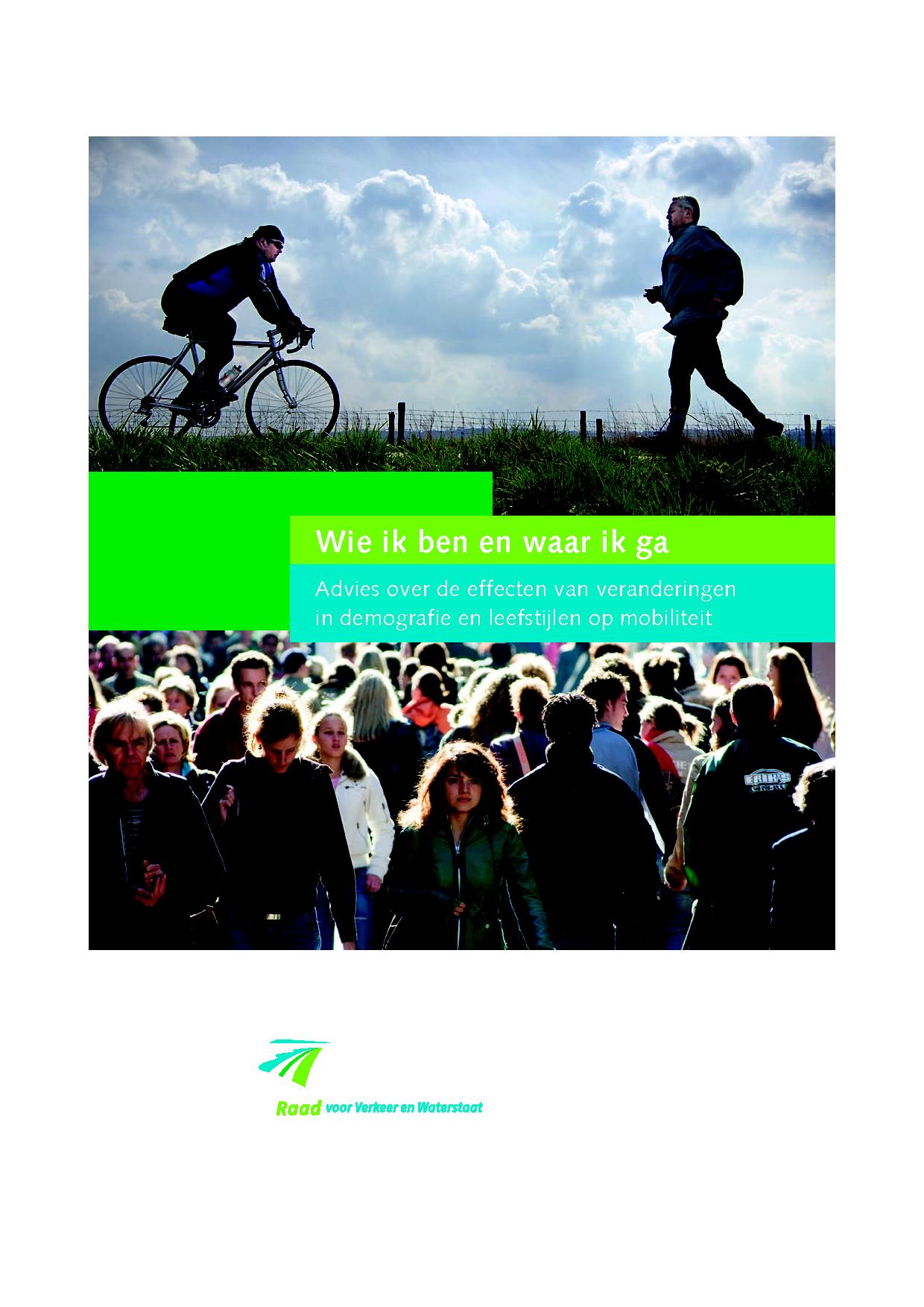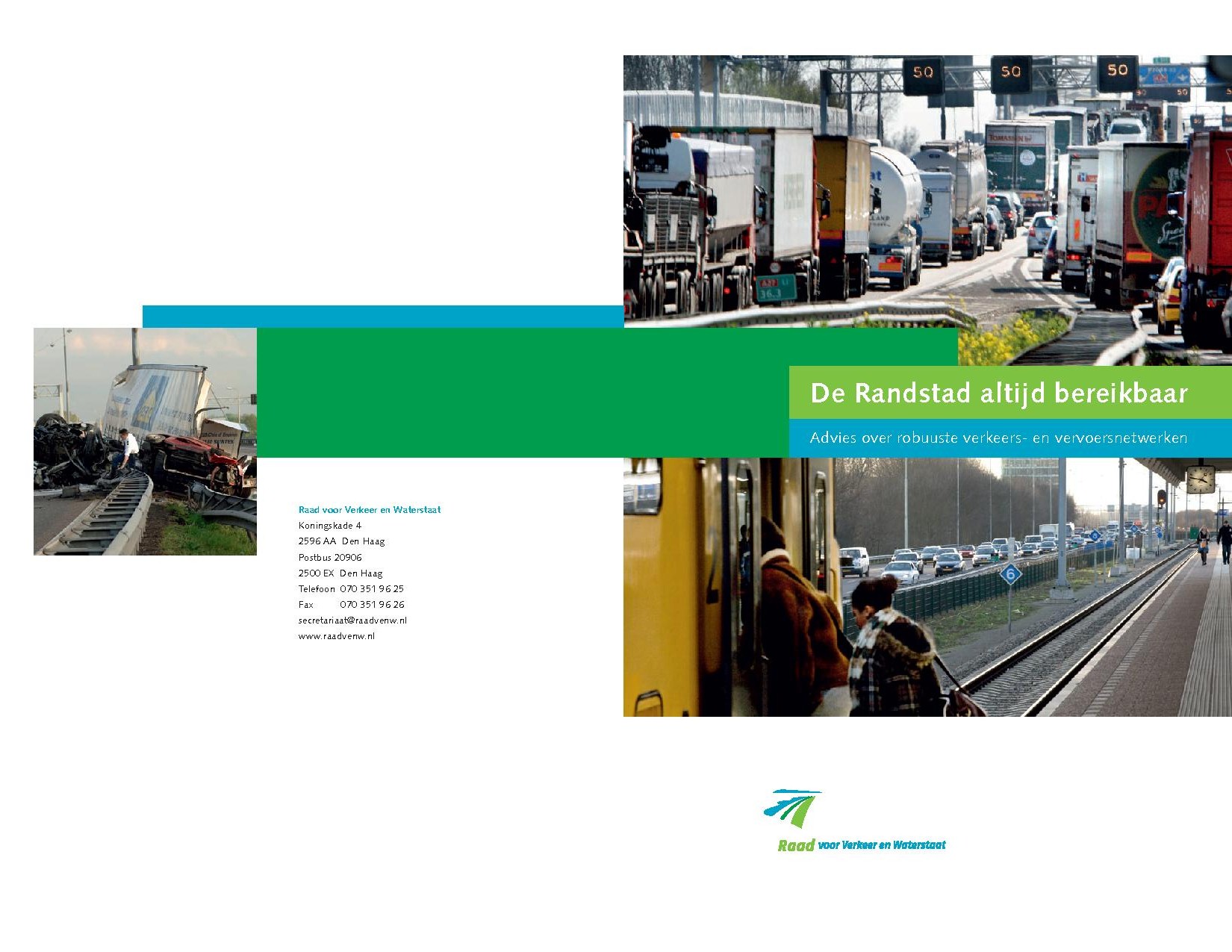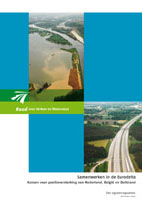Advisory Council for Transport, Public Works and Water Management (Raad VenW)

Mission and terms of reference
The Advisory Council for Transport, Public Works and Water Management provides both solicited and unsolicited advice to the government and parliament on the outlines of transport and water management policy. The reports are strategic in nature and focus on long-term solutions but also sketch the short- and medium-term effects, among other ways in the form of concrete recommendations. The key concept is making connections.
